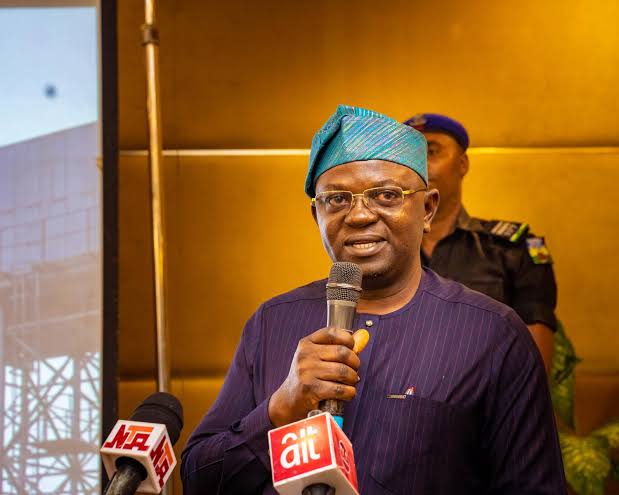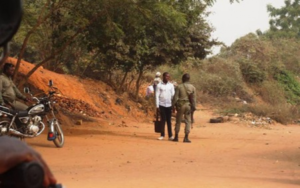Water sanitation in Nigeria remains one of the most pressing challenges of national development today. Millions of citizens still lack reliable access to safe drinking water and proper sanitation facilities. Families in many communities walk long distances daily to fetch water from unsafe sources. This struggle not only affects health but also limits education, productivity, and dignity. The human cost is visible in every home and every child exposed to preventable diseases.
Statistics reveal a sobering reality that must be addressed with urgency. Only about a third of Nigerians can access safe sanitation services. The percentage of households with handwashing facilities is even lower. These numbers show how far the country is from achieving the global targets of safe water and sanitation for all. Unsafe water and poor sanitation continue to drive cholera outbreaks and other health crises. Children under five are the most vulnerable, and their lives remain at risk daily.
The problem extends beyond households and reaches schools, health centers, and markets. Many schools still lack proper toilets and clean water facilities. Pupils often stay away from class because of unsafe or unhygienic environments. Mothers in rural clinics deliver babies without access to clean water, exposing mothers and infants to avoidable infections. These gaps in services limit the progress of every other development sector, from education to health and agriculture.
Read more: Tinubu Felicitates Zamfara Governor Dauda Lawal At 60
Government programs have tried to reverse this trend, yet progress remains slow. The national campaign “Clean Nigeria: Use the Toilet” aims to end open defecation. The target year is 2025, but experts warn the goal will not be met without urgent action. Around 48 million Nigerians still practice open defecation, making Nigeria the country with the highest number globally. This practice pollutes the environment and increases the spread of diseases across communities.
Despite these setbacks, there are signs of hope. New projects such as SURWASH are bringing fresh momentum into the sector. With support from international partners, the program seeks to reach millions with safe water and sanitation. Communities are beginning to see solar-powered pumps, boreholes, and improved hygiene campaigns. In some states, water supply is increasing through infrastructure upgrades, giving families new hope. Stories of children returning to school because of improved facilities inspire belief in what is possible.
Climate change, however, adds more strain to already fragile systems. Floods, droughts, and dam collapses in recent years have displaced families and destroyed homes. The loss of lives and livelihoods reminds everyone of the urgent need for resilience. Farmers struggle with water scarcity, reducing food production and deepening hunger. Rising prices in markets reflect the link between water, agriculture, and household survival. Addressing water sanitation is therefore not only about health but also about food security and national stability.
The path forward requires stronger investments, firm policies, and community involvement. Nigeria must channel resources into repairing and expanding water projects. Local governments should work hand in hand with communities to ensure facilities are maintained. Children should grow up in environments where clean water and safe toilets are normal, not a privilege. With the right action, progress can accelerate, and the nation can close the gap.
Water sanitation in Nigeria is not just a development target but a human right. Every Nigerian deserves safe water, dignity, and health. The struggle is immense, but the hope remains alive. If leaders, communities, and partners join hands, the dream of safe water and sanitation for all can still become a reality.





